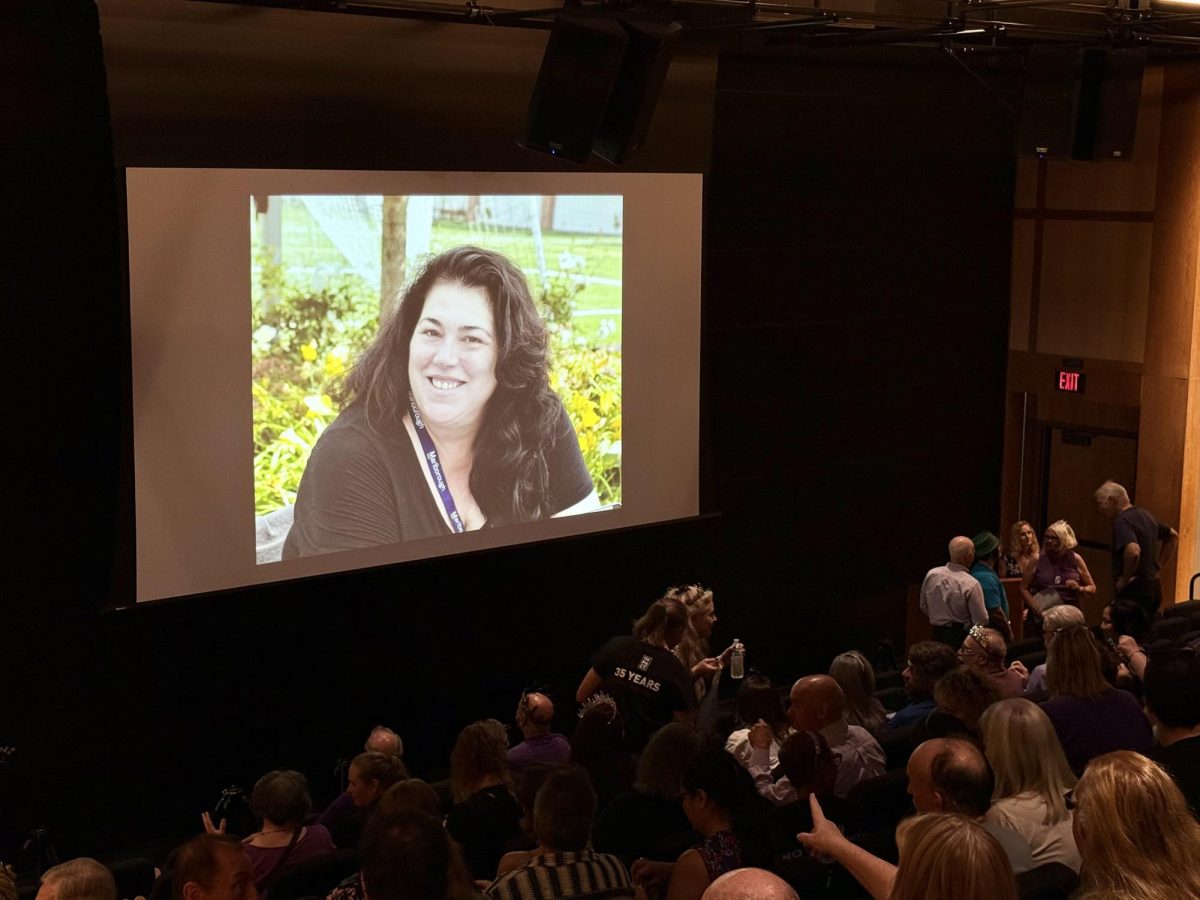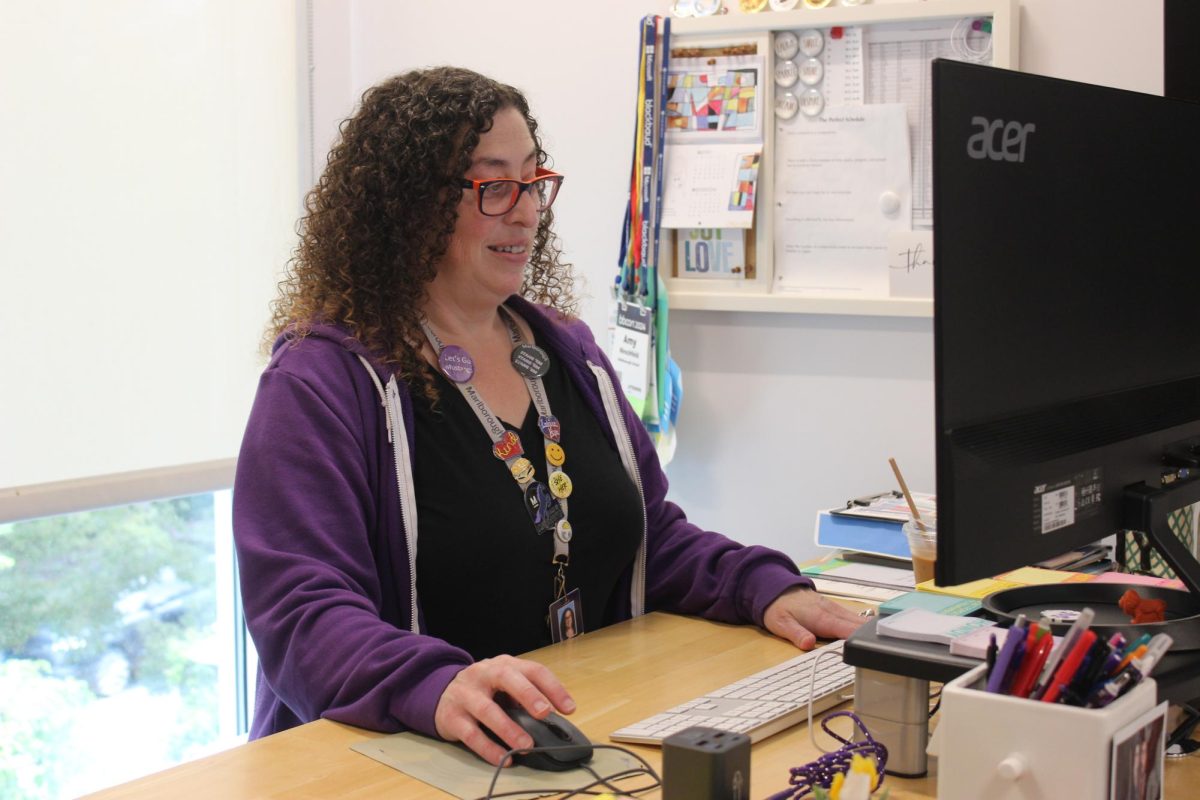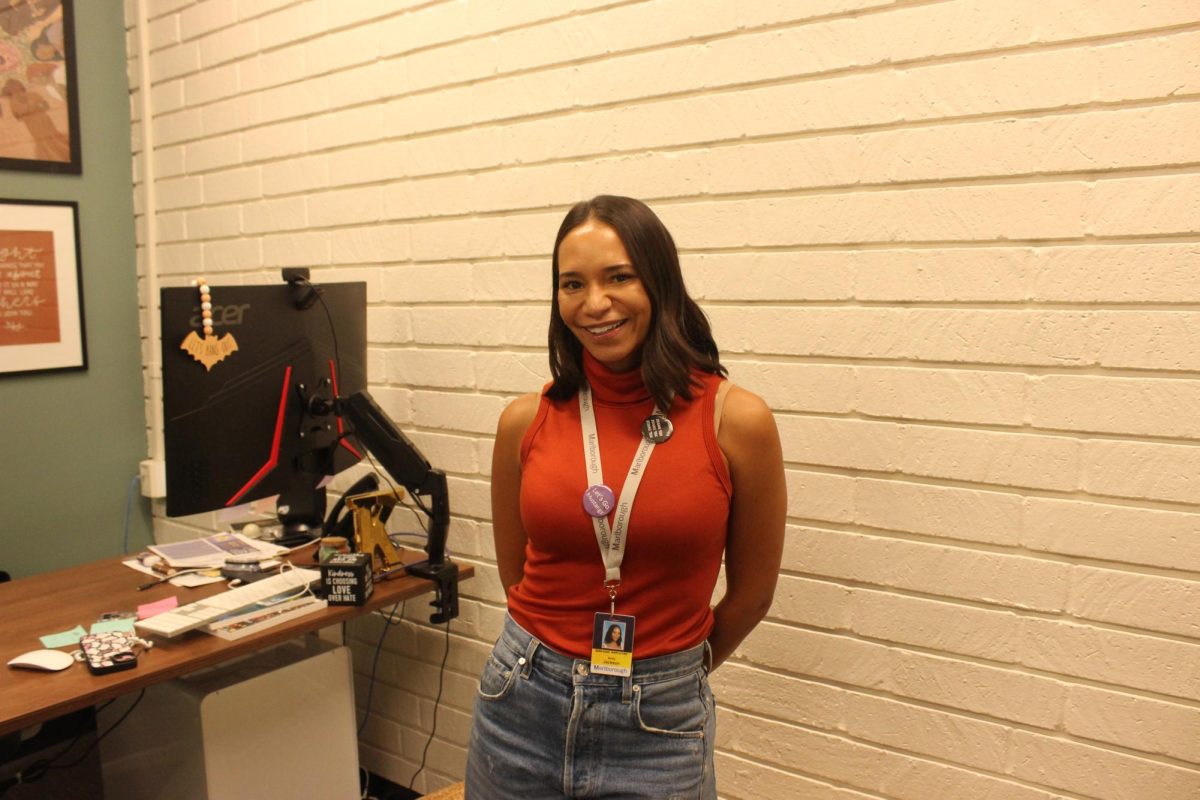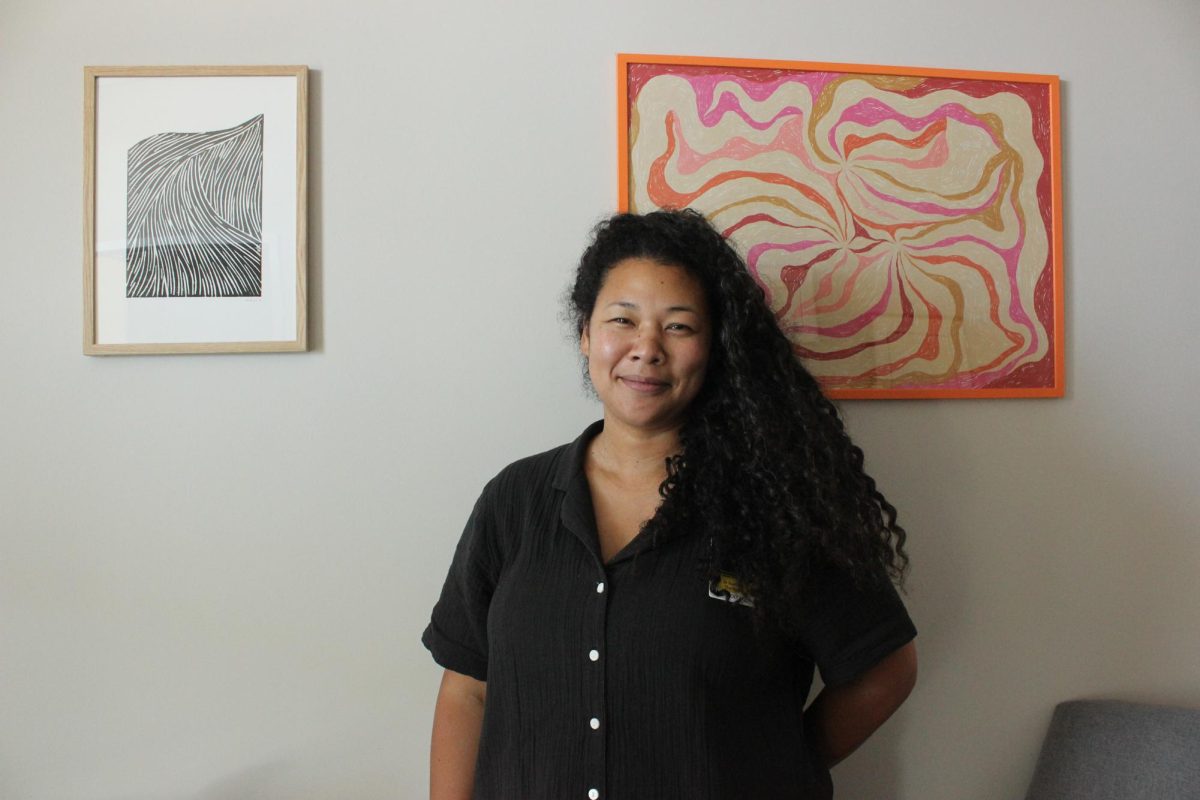
This past summer, Marlborough teachers and staff participated in a three-week training course that combined lessons on equitable pedagogy and social-emotional learning with skills and methods for teaching through distance learning. The course was created through a collaborative effort made by a team of 16 faculty members. It was spearheaded by Dean of Faculty Helen Mendoza, and Director of Technology and Digital Education Shauna Davis. The faculty members worked together to share their ideas and utilized student survey results to form the lessons for the course.
Science instructor Melissa Morlok worked with the team to ensure the course would be useful for online learning.
“The goal of this course was to have teachers feel even more prepared and comfortable with teaching their courses online or in a hybrid model. We designed it so that faculty members could have a wide variety of tools to add to their teaching toolbox,” Morlok said.
According to Davis, students’ experiences with online learning in the spring provided inspiration for the course.
“Because of the students’ voices, I felt that we had an obligation to look at our practices and do that collaboratively by bringing together people from across the school and making sure that the course was data-informed and something that could evolve,” Davis said.
While many aspects of the course content were designed to make teachers feel more comfortable using various techniques for distance learning, the course also focused on social-emotional learning. The course tied in lessons on anti-racist practices with themes of social-emotional wellness and equtiable teaching methods. These themes aim to provide opportunities to reconsider and create lessons and resources to include social-emotional learning practices.
“We have committed to requiring professional extensive development around establishing anti-racist classrooms while becoming better advocates and allies for our BIPOC students. Decentering whiteness as well as the heteronormative socioeconomic implications of our tradtions by examining through the lens of equity. Educating our students about our racist history to be included in the history of the school and creating a timeline for adding and replacing books that no longer fit into our curriculum of inclusivity.” Mendoza said.







